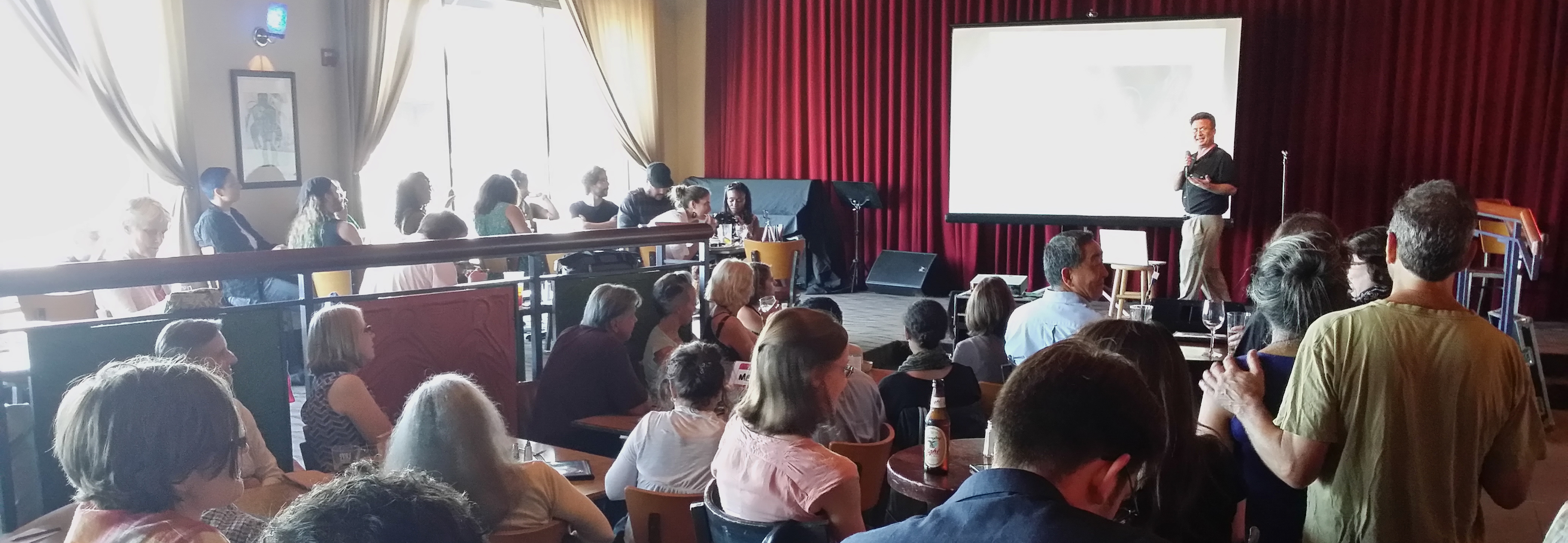
Penn's Science Café offers academia over a beer
University of Pennsylvnia has been opening its doors on Tuesdays throughout the summer for academic lectures during the World Cafe's happy hour.
It was standing room only by the time 6 PM rolled around on Tuesday evening in the World Cafe. But the crowd chowing down on burgers and ordering beers didn't stop by after work to hear music — they went to hear science.
Penn doesn't always feel like the most accessible place. Competitive admissions aside, tuition remains above $45,000 per year (housing not included), pricing out those students who are not eligible for full financial aid or scholarships. Construction continues to seep across the Schuylkill river and deeper into University City, creating tensions with neighbors who often point out that the university, along with other tax-exempt campuses throughout the city, does not pay property taxes on nearly 1000 acres of real estate.
But on Tuesday evenings throughout the summer, Penn opens its doors to host free Science and Lightbulb Cafés, where speakers from the School of Arts and Sciences as well as other departments gather at the World Cafe to share their expertise with the public, whether Penn staff or people from all over the city.
The new take on a public science lecture has been around for more than a decade and settled in World Cafe Live's bar and restaurant, conveniently during happy hour, offering $3 Yuengling drafts, $4 house wine and $5 mixed drinks.
The topics vary from week to week. This week's offered a less on biology and design with faculty lecturer David Hewitt, who focused on the ecosystem within Philadelphia. The audience learned that there are foot-long fish in inner-city sewage creeks and bald eagles in Pennypack Creek — all part of the natural city environment (in which humans are included).
Upcoming topics include "New realities of Latin American migration to the U.S." with Latino studies director Emilio Parrado on July 29, and "Designing new entertainment experiences" with multiple engineering and design professors on Aug. 5.


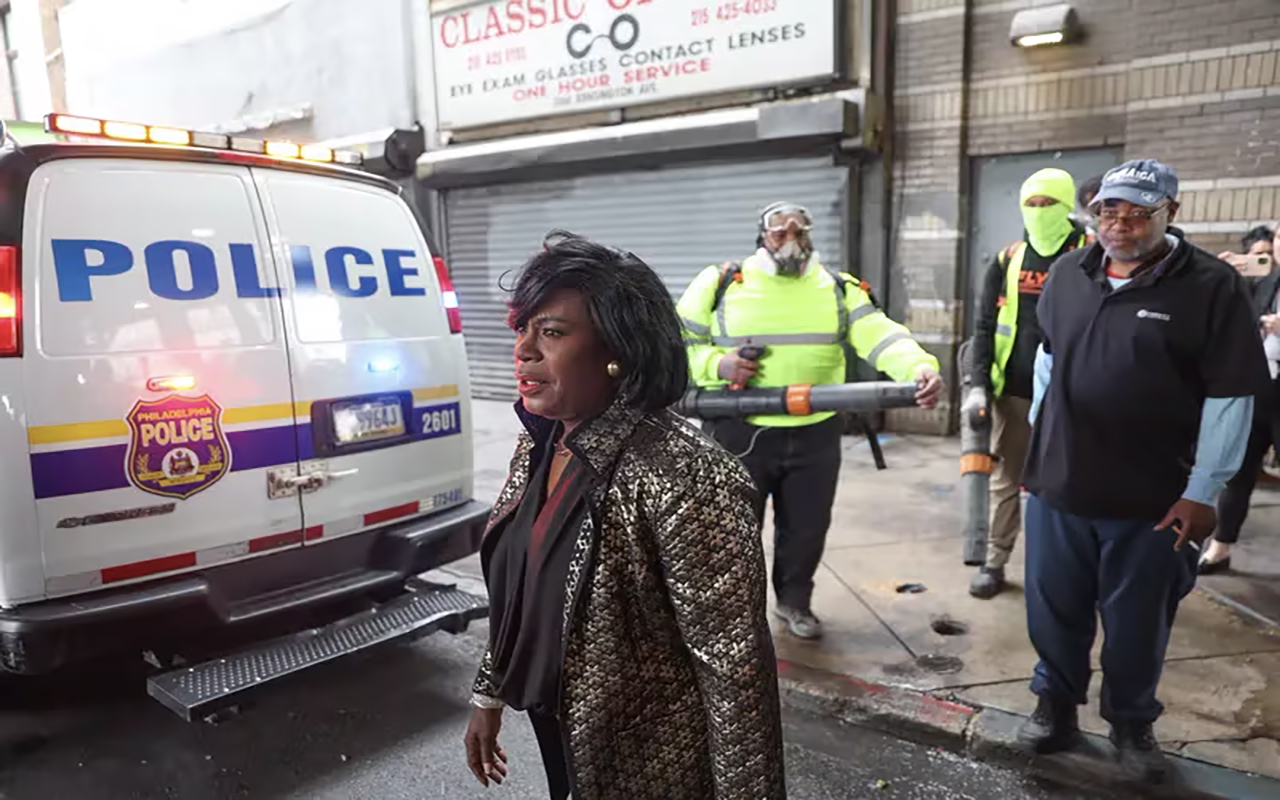
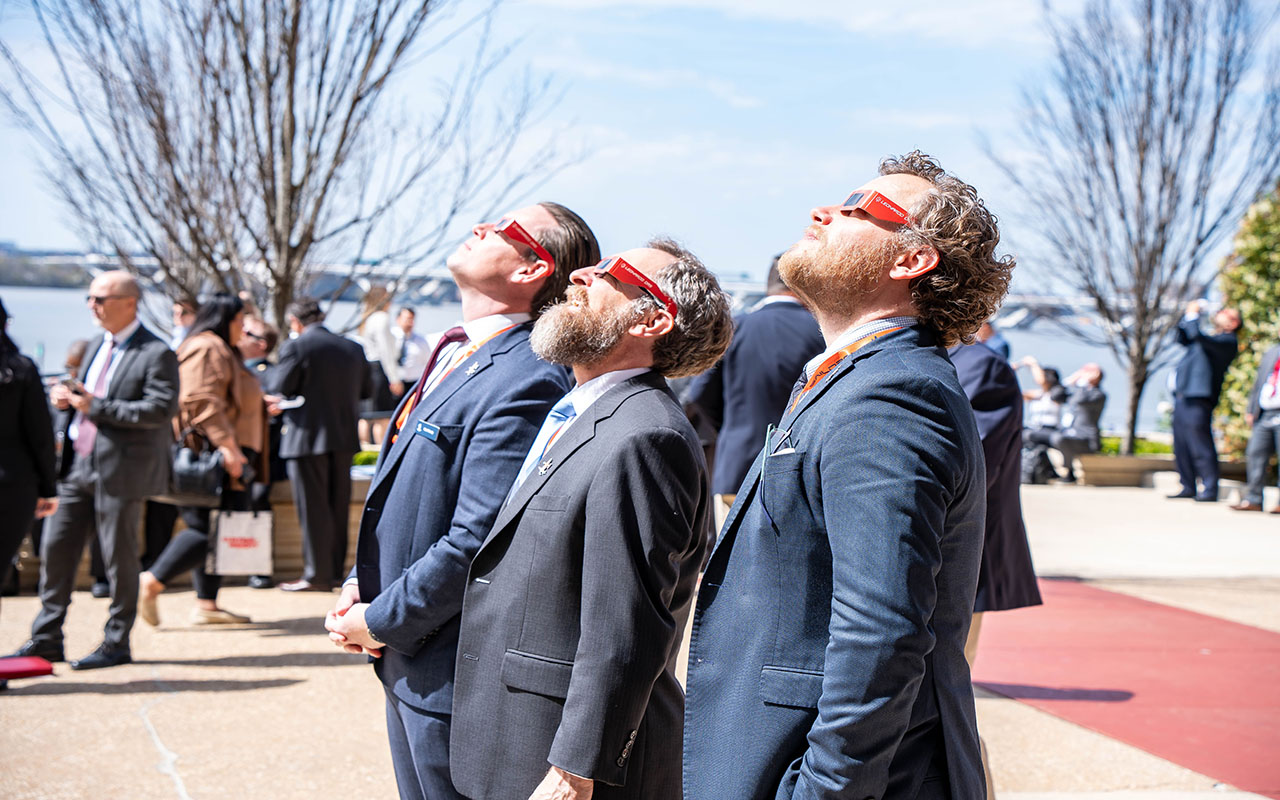

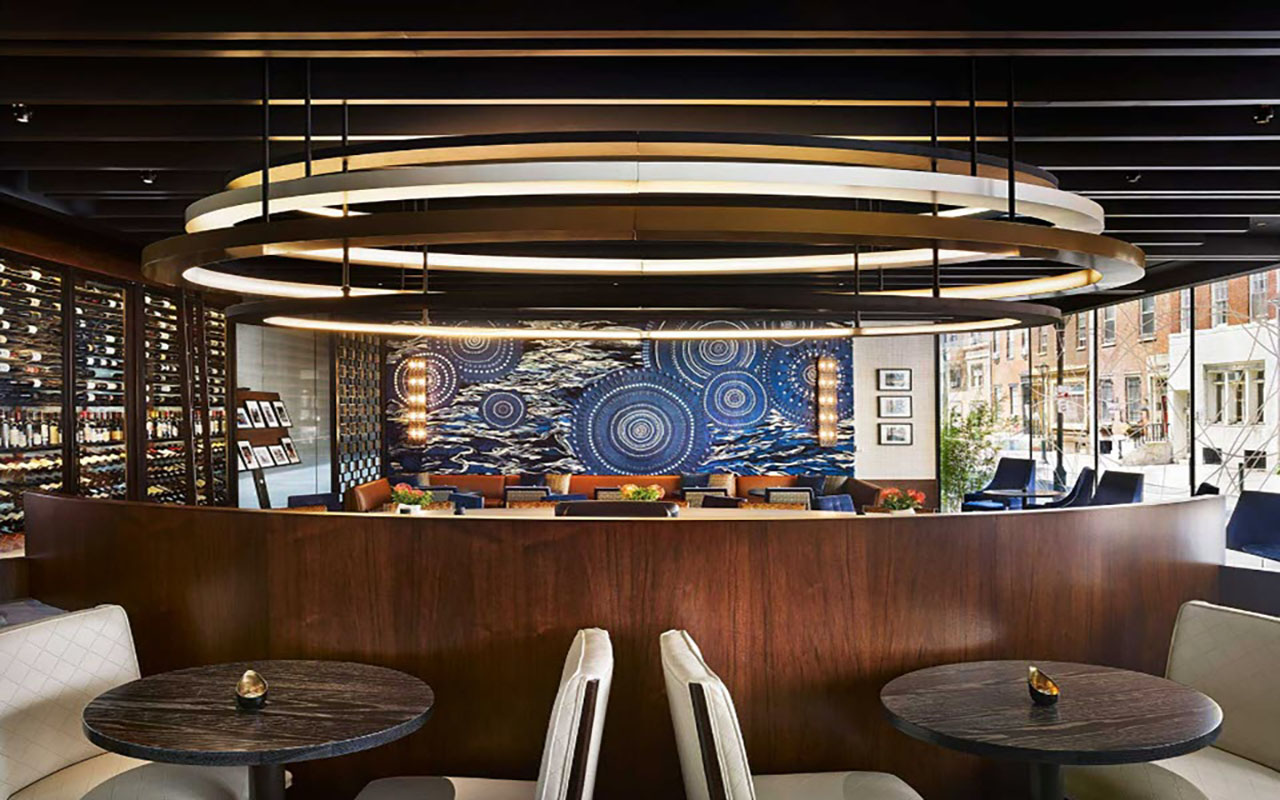
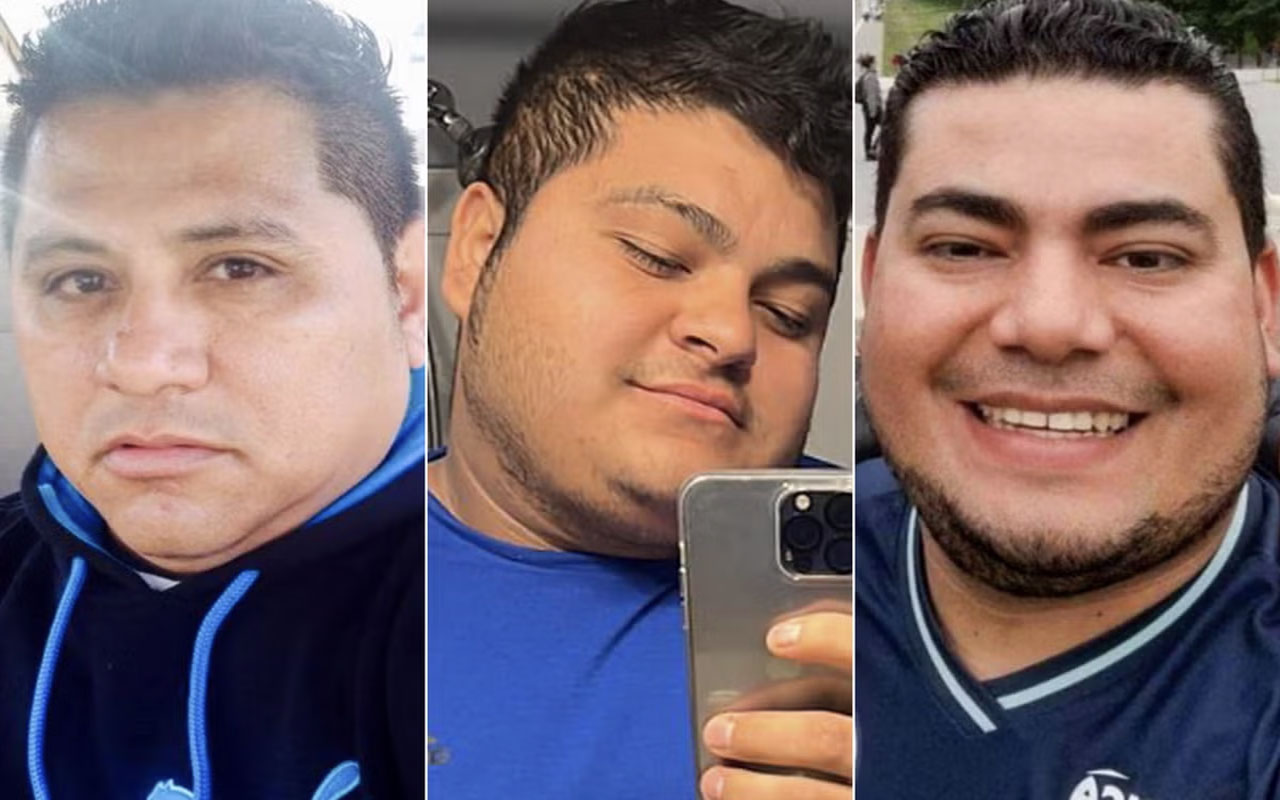
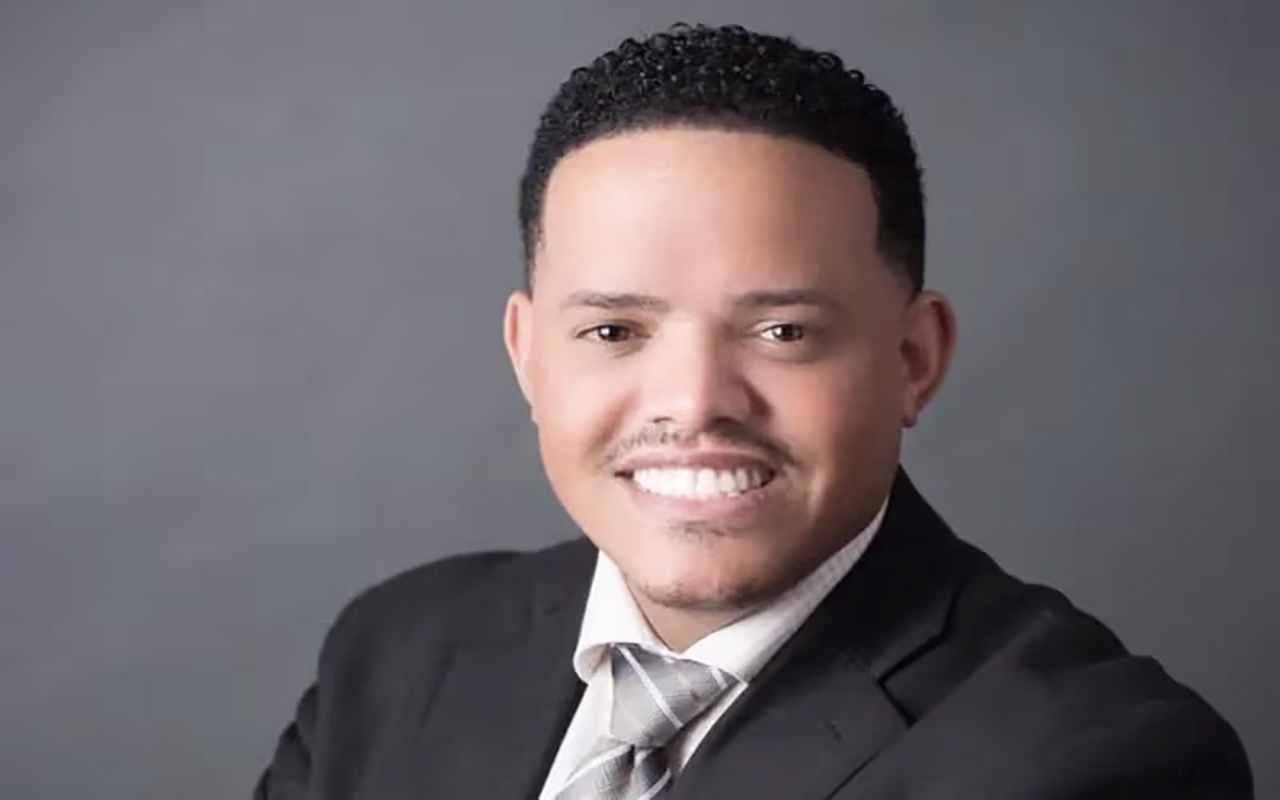
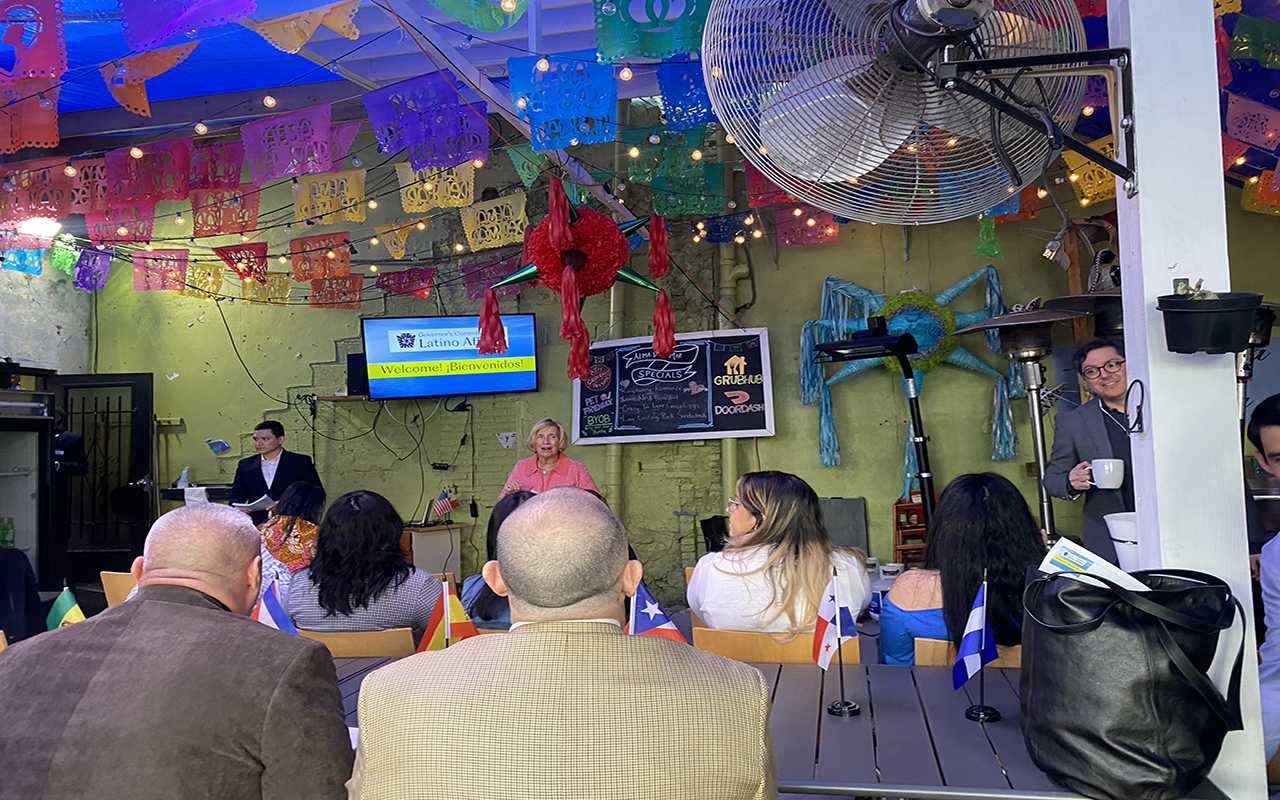

LEAVE A COMMENT:
Join the discussion! Leave a comment.